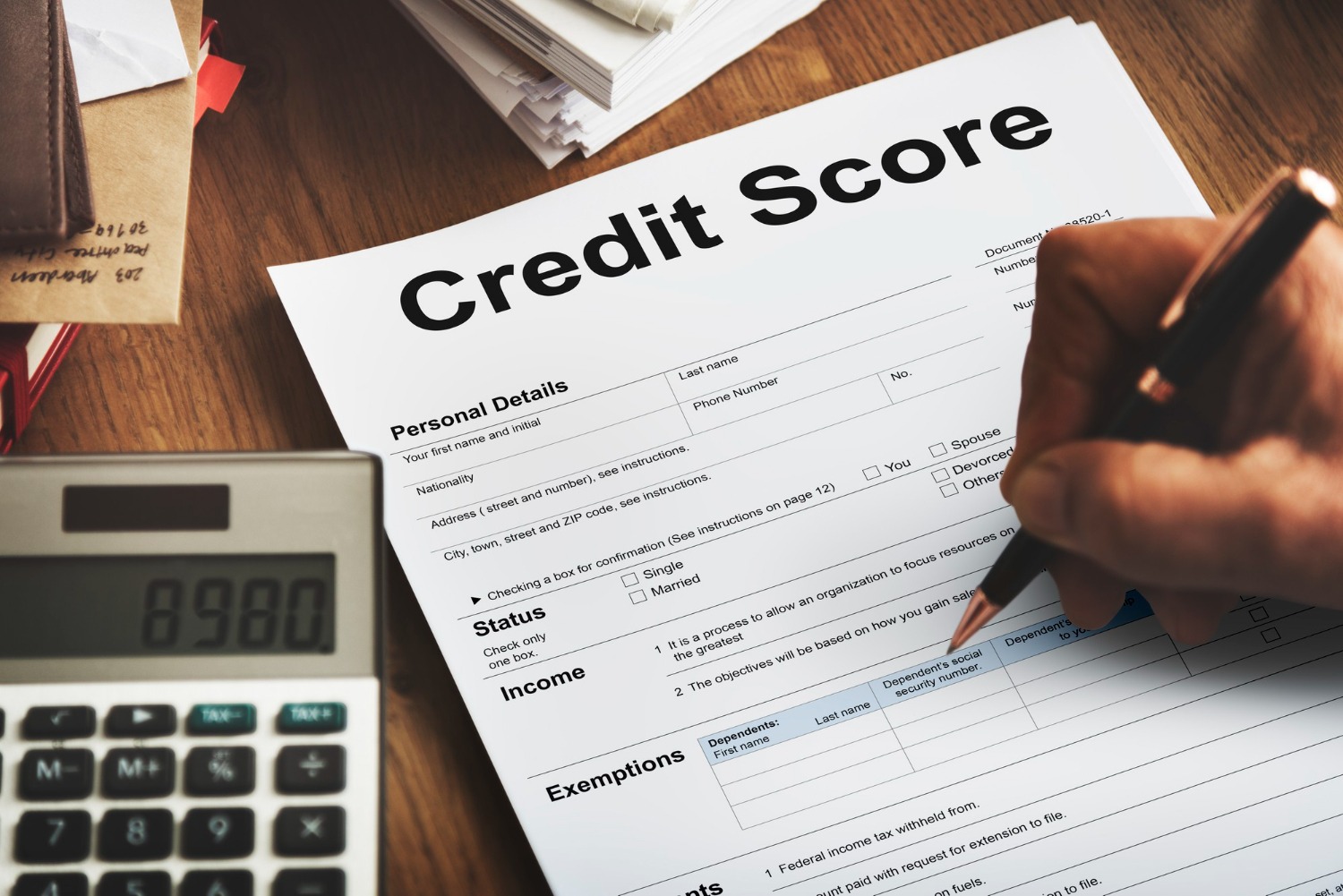A credit score is a three-digit number that represents a person’s creditworthiness. It is a numerical representation of a person’s credit history and is used by lenders to determine the likelihood that a borrower will repay their debts on time. Credit scores can range from 300 to 850, with higher scores indicating better creditworthiness. In this article, we will discuss a credit score and the credit score ranges.
What Is a Credit Score?
A credit score is a number that represents a person’s creditworthiness based on their credit history. It is calculated using a mathematical algorithm that considers various factors, such as payment history, credit utilization, length of credit history, types of credit used, and recent credit inquiries. The most commonly used credit score model is the FICO score, which ranges from 300 to 850.
Lenders use credit scores to determine the likelihood that a borrower will repay their debts on time. A higher credit score indicates that a borrower is more likely to repay their debts on time, while a lower credit score indicates a higher risk of default. Lenders use credit scores to determine the interest rates and terms of credit they offer borrowers.
What Are the Credit Score Ranges?
Credit scores can range from 300 to 850, with higher scores indicating better creditworthiness. The credit score ranges are as follows:
- Poor (300-579): A credit score in this range indicates a high risk of default. Borrowers with poor credit may have difficulty getting credit approval and may be offered higher interest rates and less favorable terms.
- Fair (580-669): A credit score in this range indicates a higher risk of default than average. Borrowers with fair credit may be approved for credit but may be offered higher interest rates and less favorable terms.
- Good (670-739): A credit score in this range indicates that borrowers are less likely to default on their debts. Borrowers with good credit may be approved for credit and offered lower interest rates and more favorable terms.
- Very Good (740-799): A credit score in this range indicates a low risk of default. Borrowers with very good credit are likely to be approved for credit and may be offered lower interest rates and more favorable terms.
- Exceptional (800-850): A credit score in this range indicates an extremely low risk of default. Borrowers with exceptional credit are likely to be approved for credit and may be offered the lowest interest rates and most favorable terms.
It is important to note that different lenders may use different credit score ranges or may have different criteria for determining creditworthiness. For example, some lenders may consider a credit score of 700 good, while others may consider a credit score of 750 good.
How to Improve Your Credit Score
If you have a low credit score, there are several steps you can take to improve it. These include:
- Paying your bills on time: One of the most important factors in determining your credit score is your payment history. Make sure to pay your bills on time and in full each month.
- Paying down debt: Another important factor in determining your credit score is your credit utilization, which is the amount of credit you are using compared to your credit limit. Try to keep your credit utilization below 30%.
- Checking your credit report: Errors on your credit report can negatively impact your credit score. Make sure to check your credit report regularly and dispute any errors.
- Avoiding new credit inquiries: Each time you apply for credit, it is recorded on your credit report and can negatively impact your credit score. Try to avoid applying for new credit unless it is necessary.
Conclusion
A credit score is a numerical representation of a person’s creditworthiness based on their credit history. Credit scores can range from 300 to 850, with higher scores indicating better creditworthiness. The credit score ranges are poor, fair, good, very good, and exceptional. By understanding credit scores and taking steps to improve them, borrowers can increase their chances of getting approved for credit and receiving lower interest rates and more favorable terms.
Get easy online loans in the USA here at 365 Loans USA. Simply fill out our 3-minute online form application and you’ll get the best customized loan options today. Get started now.





